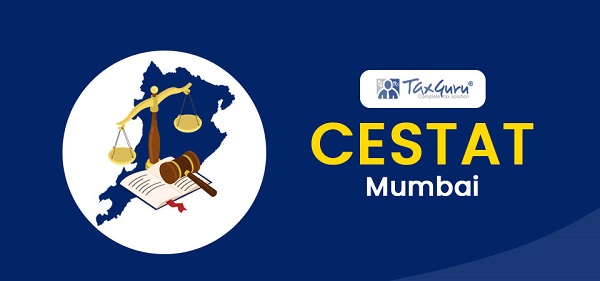Case Law Details
Fx Enterprise Solutions India Pvt. Ltd. Vs. Hyundai Motor India Limited (36/2014) St. Antony’s Cars Pvt. Ltd. Vs. Hyundai Motor India Limited (82/2014) – Antitrust, Section 19 (1) (a)
CCI issues order against Hyundai Motor India Limited (HMIL) for anti-competitive conduct, imposes penalty of Rs. 87 crore for the anti-competitive conduct.
The Competition Commission of India (CCI) has found Hyundai Motor India Limited (HMIL) to be in contravention of the provisions of Section 3(4)(e) read with Section 3(1) of the Competition Act, 2002 for imposing arrangements upon its dealers which resulted into Resale Price Maintenance in sale of passenger cars manufactured by it. Such arrangements also included monitoring of the maximum permissible discount levels through a Discount Control Mechanism. Further, HMIL was found to have contravened the provisions of Section 3(4)(a) read with Section 3(1) of the Act for mandating its dealers to use recommended lubricants/ oils and penalising them for use of non-recommended lubricants and oils.
The final order has been passed today on informations filed by the dealers of HMIL viz. Fx Enterprise Solutions India Pvt. Ltd. and St. Antony’s Cars Pvt. Ltd.
Apart from issuing a cease and desist order against HMIL, CCI has imposed a penalty of Rs. 87 crore upon HMIL for the anti-competitive conduct. The penalty has been levied @ 0.3% of the average relevant turnover of HMIL of preceding three years. CCI noted in its order that for the purposes of determining the relevant turnover for the impugned infringement, revenue from sale of motor vehicles alone have been taken into account.
It may be noted that the twin objectives behind imposition of penalties are: (a) to reflect the seriousness of the infringement; and (b) to ensure that the threat of penalties will deter the infringing undertakings. Therefore, the quantum of penalties imposed must correspond with the gravity of the offence and the same must be determined after having due regard to the mitigating and aggravating circumstances of the case. The Commission is also guided by the judgment of the Hon’ble Supreme Court of India in Excel Crop case (supra) which enunciates the principle of proportionality. Proportionality achieves balancing between two competing interests: harm caused to the society by the infringer which gives justification for penalising the infringer on the one hand and the right of the infringer in not suffering the punishment which may be disproportionate to the seriousness of the Act on the other.



















